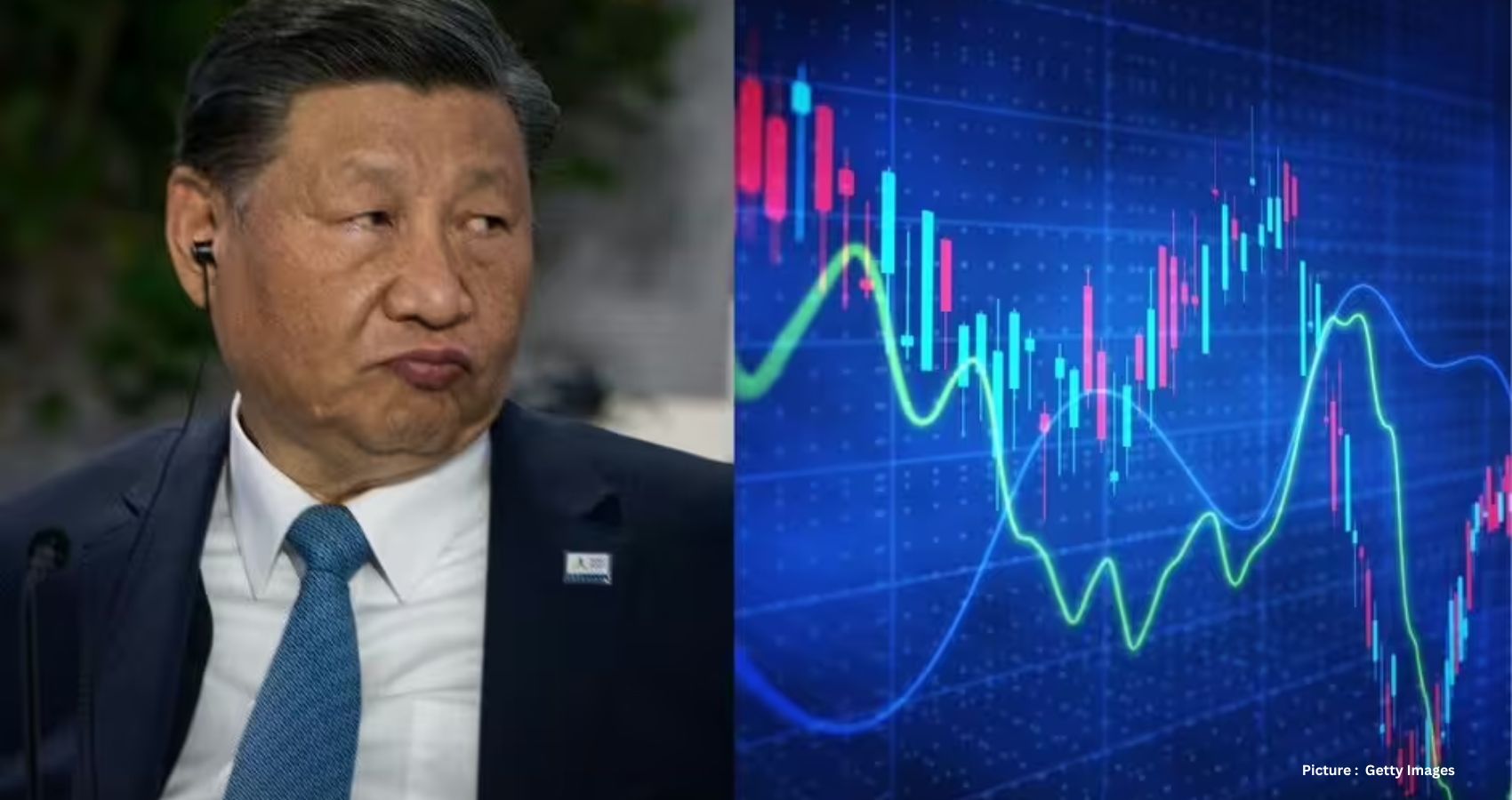China is grappling with a significant economic downturn reminiscent of the 2008 global financial crisis, with a record number of borrowers facing defaults.
“Defaults by Chinese borrowers have surged to an unprecedented level since the Covid pandemic as the country faces huge economic challenges.”
According to official records, an alarming 8.54 million individuals in China, predominantly aged between 18 and 59, are now officially blacklisted due to missed payments on various financial obligations, spanning from home mortgages to business loans.
“This figure has sharply risen from 5.7 million defaulters in early 2020, as lockdowns and economic restrictions stemming from the pandemic significantly impacted economic growth and household incomes.”
The surge in defaults, representing approximately one percent of working-age Chinese adults, poses a substantial risk not only to China’s economy but also to the global economy.
“Making the situation worse for individuals, China also does not have any personal bankruptcy laws, intensifying the financial and social repercussions of escalating debt.”
Under Chinese law, defaulters on the blacklist encounter restrictions on various economic activities, including purchasing plane tickets and conducting transactions via popular mobile apps such as Alipay and WeChat Pay.
“The economic strain is also visible in the surge of household debt, which almost doubled over the past decade to 64 percent of the Gross Domestic Product (GDP) in September.”
Wage growth has stagnated or even turned negative amid the economic downturn, exacerbating the challenge of meeting financial obligations for many Chinese consumers.
“The economic challenges extend to the job market, with youth unemployment reaching a record 21.3 percent in June. Authorities have even stopped reporting this data.”
Financial institutions are feeling the squeeze as well, with China Merchants Bank reporting a 26 percent uptick in bad loans from credit card payments that were 90 days overdue in 2022 compared to the previous year.
“As the number of defaults rises, legal experts have proposed introducing personal bankruptcy laws to provide relief for individual insolvencies.”
However, the lack of transparency surrounding personal finances renders the implementation of such measures nearly impossible. Government officials and other interest groups are likely to oppose these policies, fearing exposure of corruption.
“Adding to China’s challenges, a recent pneumonia outbreak further strains the nation. The Department of Health recorded 182,721 cases as of November 11, surpassing the 158,307 cases reported from January to October last year.”
This economic crisis unfolds against a backdrop of escalating tensions in the region, particularly with Taiwan gearing up for a new presidential election, which adds complexity to the geopolitical dynamics in the Asia-Pacific region.


